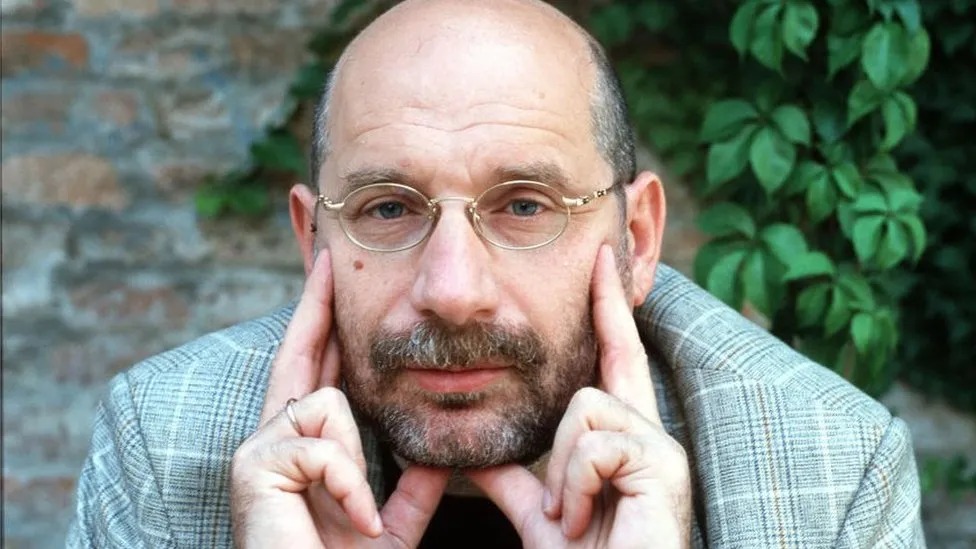In a shocking move that echoes the stifling of dissent reminiscent of Soviet-era tactics, Russia has designated Boris Akunin, one of the nation’s most beloved novelists, a “foreign agent.”
The 67-year-old author, whose real name is Grigory Chkhartishvili, found himself added to a register of “terrorists and extremists” by Russia’s justice ministry due to his outspoken objections to the country’s invasion of Ukraine.
Boris Akunin gained widespread acclaim for his detective novels in Russia before authorities banned his books, and he has long been an outspoken critic of President Vladimir Putin.
The justice ministry’s statement accused Akunin of opposing the military operation in Ukraine and disseminating “false information aimed at creating a negative image” of Russia and its armed forces.
Furthermore, he was accused of actively contributing to fundraising efforts in support of the Ukrainian military.
On the day Russia launched its full-scale invasion of Ukraine, Akunin did not mince words, stating, “A psychologically deranged dictator rules Russia, and worst of all, it obediently follows his paranoia.”
This bold critique appears to have prompted the justice ministry to label him a “foreign agent.”
Responding to the ministry’s announcement from his current residence in London, Akunin wryly remarked, “Terrorists declared me a terrorist.”
The term “foreign agent” carries a stigma and practical implications, compelling those labelled as such to identify themselves on social media and other publications.
Additionally, it imposes burdensome financial reporting requirements on the individuals targeted.
The designation of Boris Akunin is part of a broader trend in Russia, where many cultural figures have chosen to flee the country in the face of increasing restrictions on freedom of expression.
Moscow’s military campaign against Ukraine has intensified censorship laws, making it even more challenging for those who remain.
The move against Akunin underscores the Russian government’s intolerance of dissenting voices, particularly from prominent figures within the country’s cultural and intellectual circles.
The “foreign agent” designation, reminiscent of historical suppression tactics, raises concerns about the erosion of freedom of speech and the ability to express dissenting opinions in Russia.
International human rights organizations and literary communities around the world are likely to closely monitor the situation, with many already condemning Russia’s actions as an attack on freedom of expression.
As Akunin finds himself in the crosshairs of the Russian authorities, his case becomes emblematic of the broader challenges faced by individuals who dare to challenge the official narrative in today’s Russia.
This article was created using automation technology and was thoroughly edited and fact-checked by one of our editorial staff members
